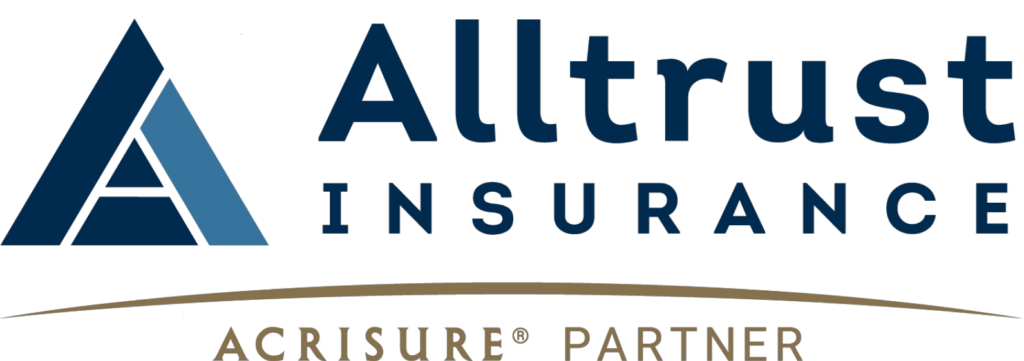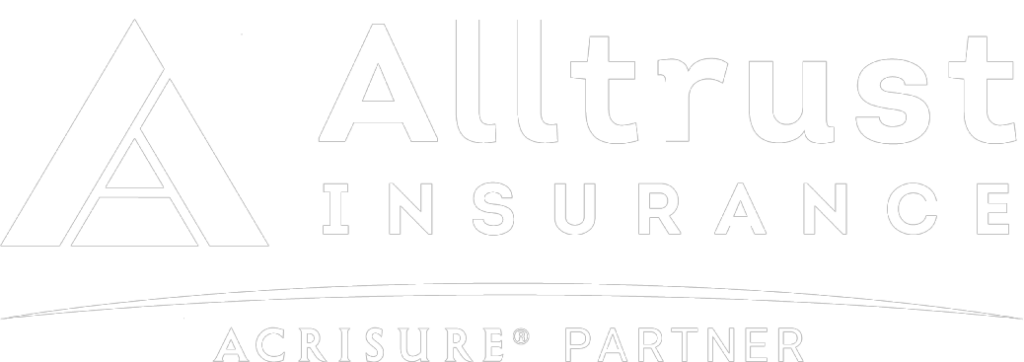We currently find ourselves in the midst of one the most stressful times in recent history. With the ongoing COVID-19 pandemic, our daily lives have been filled with even more complications and challenges than usual. However, there are many different ways in which we can manage stress and live a healthy life. One of the greatest processes to obtain inner peace and happiness is through the approach of mindfulness. Mindfulness is an integrative, mind-body based approach that helps people manage their thoughts, feelings, and overall mental health. Mindfulness can be achieved through different techniques that can be applied to our daily lives in order to promote a healthy, stress-free life. This is especially important for employees as there is a direct correlation between mental health and work productivity. At Alltrust Insurance, we believe in taking care of your business’s health and always prioritize employees.
What You Need To Know About Mindfulness
Benefits Of Mindfulness
Increasing your capacity for mindfulness can support a state of mind that contributes to a satisfied life. With everything going on around us, it can be difficult to live in the present moment. However, in order to achieve mindfulness, it’s important to focus your attention on the present moment and accept it without judgement. Oftentimes, we find ourselves dwelling on the past or thinking about the future which clusters the mind and leads to unnecessary stress. Being mindful makes it easier to savor the moment, fully engage with activities, and create a greater capacity to deal with adversity. In addition to improved well-being, mindfulness can lead to improved physical and mental health. It has been proven that mindfulness can alleviate stress, reduce blood pressure, improve sleep, and help with depression and anxiety.
Mindfulness Techniques
There are many different routes one can take to practice mindfulness. Although every individual may have alternative ways to find peace and happiness within themselves, it all starts with achieving a state of focused relaxation by paying attention to one’s thoughts and sensations. Mindfulness techniques can be interpreted as a form of meditation, the following is a list of some helpful techniques to practice mindfulness.
- Basic Meditation: Sit quietly and pay attention to your natural breathing. Close your eyes and allow for thoughts to flow through your head without any judgment. Focus on relaxing the body and clearing the mind of all stress from the outside world. Practicing daily meditation can allow you to gain new perspectives on stressful situations and increase self-awareness.
- Yawn And Stretch: Every morning when you wake up, take the time to yawn and stretch out your body. Do a fake yawn if you have to as it will trigger real ones. Also, by performing slow, relaxing stretches in the morning you are creating a mind-muscle connection for the rest of your day.
- Really Think About Your Senses: Notice sights, sounds, smells, tastes, and touches throughout your day. Be mindful when absorbing your senses such as when you wash your hands. Take a moment to think about your hands rubbing against one another or the temperature of the water as it touches your skin. Although simple in nature, by paying attention to the senses you are training yourself to be mindful in your daily life.
Practice Acceptance
The most important aspect of mindfulness practice is having the ability to accept whatever may arise in your life. In order to perfect mindfulness, you must be kind and able to forgive yourself. Some ways in which we can learn this useful craft is by learning how to properly redirect thoughts and emotions. It is completely normal to feel stress or have self criticism, and these feelings should not be blocked off. Instead, learn to gently redirect your thoughts to move toward self improvement. We all make mistakes so you shouldn’t be too hard on yourself. For example, if you failed to meet a deadline, use the opportunity to go over how you can plan better and get your tasks done, instead of beating yourself up for it. Accepting and trying again is the key component to achieving a mindful state.
Mindfulness In The Workplace
Not only does practicing mindfulness techniques have physiological benefits for individuals, but it also has a positive impact in the workplace. Mindfulness can help drive many aspects of a functional work environment including well-being, relationships, and creativity. The mental health of employees is one of the most important factors contributing to productivity in the workplace. Fortunately, there has been a recent increase in the awareness of the well-being of employees. An unhappy and neglected workforce can have a direct impact on the unnecessary spending of a business. By implementing mindfulness training in the workplace, your employees will be better equipped to handle stress, burnout and difficult situations.
A Step Toward Mindfulness With Alltrust
At Alltrust Insurance, our goal is to protect the health of your business and your employees. We recognize that mental health is at the core of wellness, which is why we strive to provide support to employees and their families to help them through these difficult times. By providing the right employee benefits, your business will continue prospering as your employees will be able to stay productive and feel safe at the same time. We have partnered up with eMindful in order to provide a wide array of resources created from years of data-driven and evidence-based insights to improve physical, emotional and mental health as well as increase productivity and lower healthcare costs for your business and employees. The eMindful platform will be included in the services your business already receives and it will be open to all employees — including part time and seasonal — as well as to their family members over the age of 18. Contact an agent today to inquire about signing up for our eMindful 30-day free trial.
This article is for informational purposes only and is not intended as medical advice. For further information, please consult a medical professional.




